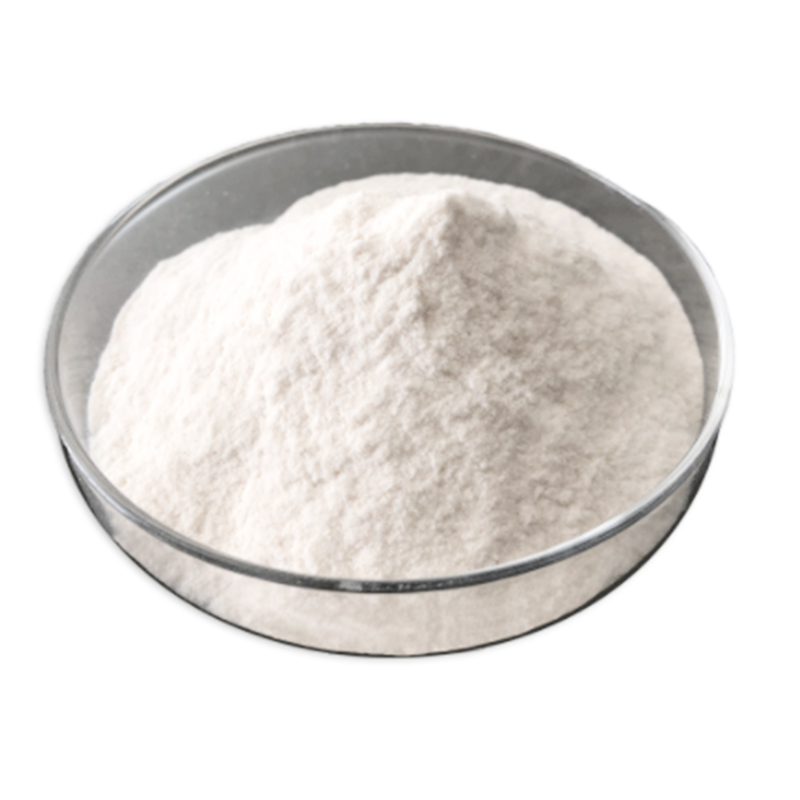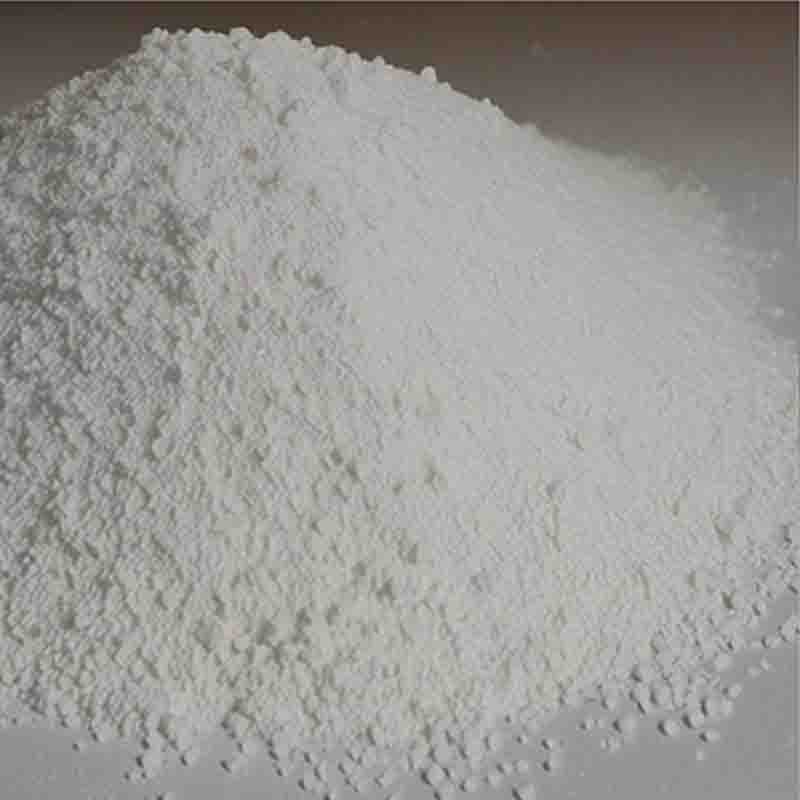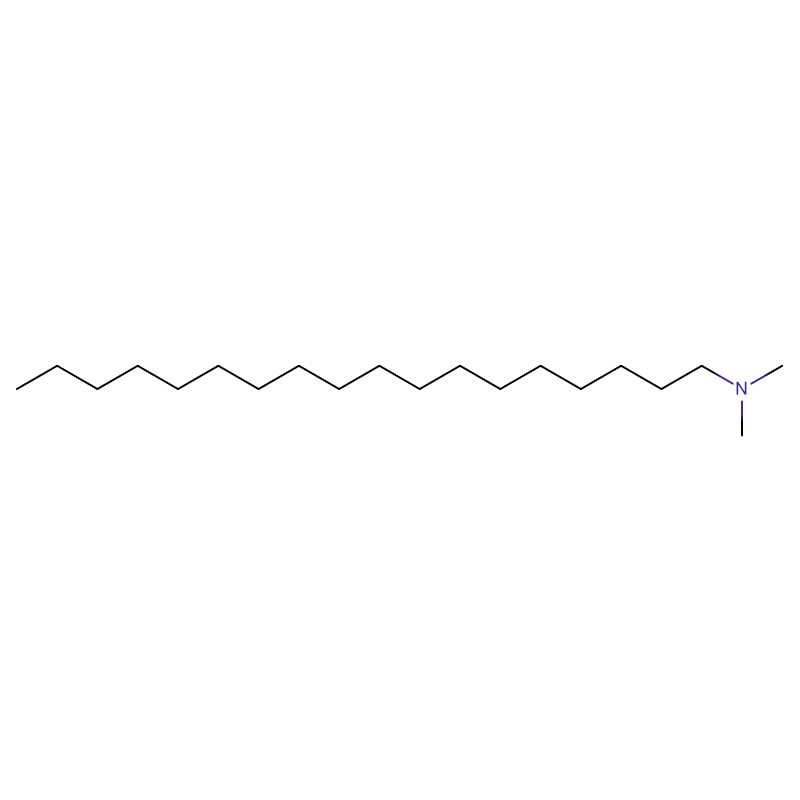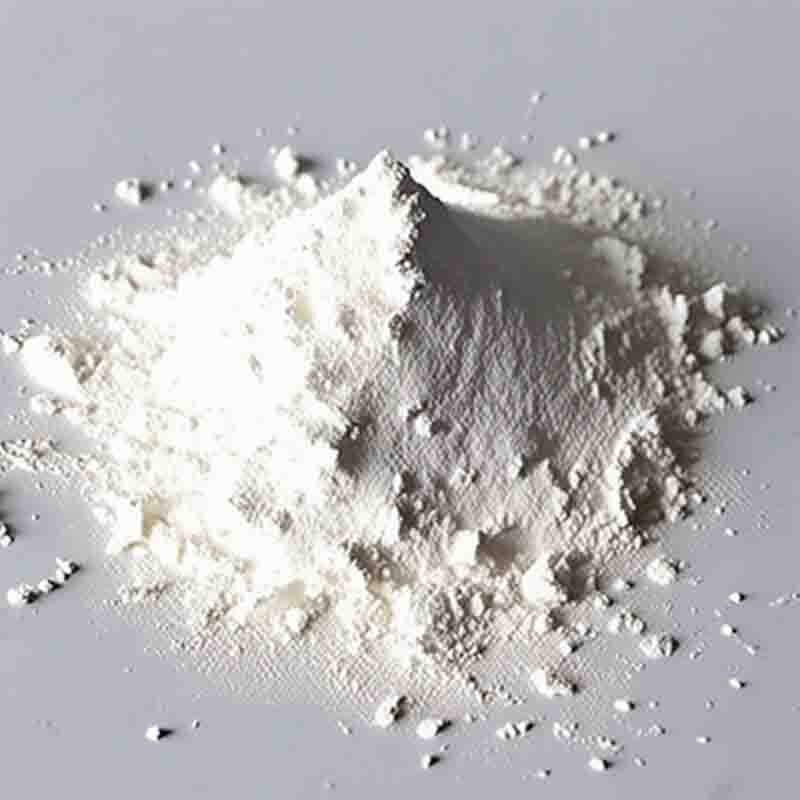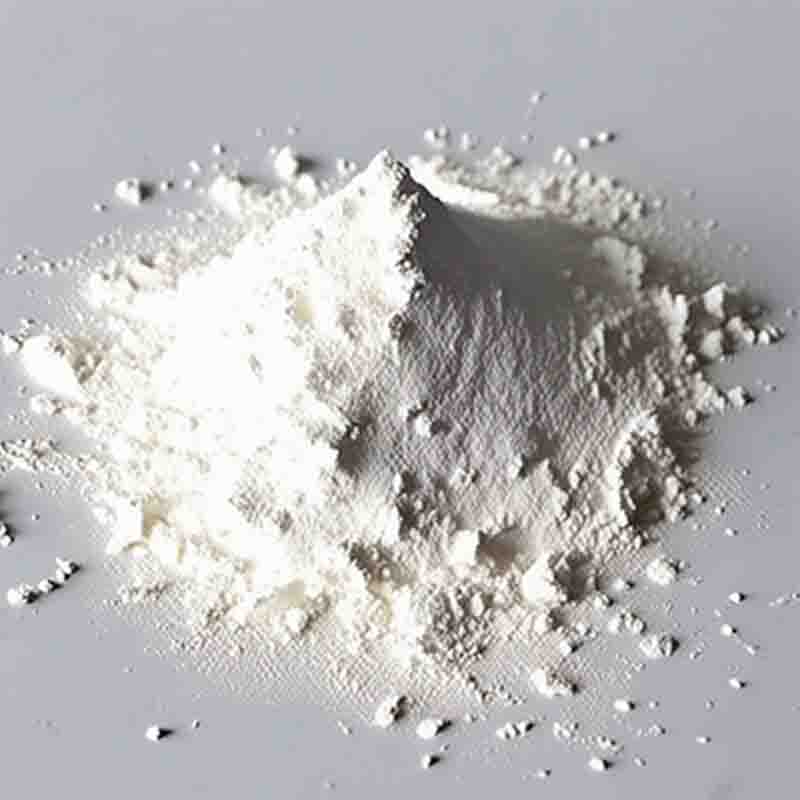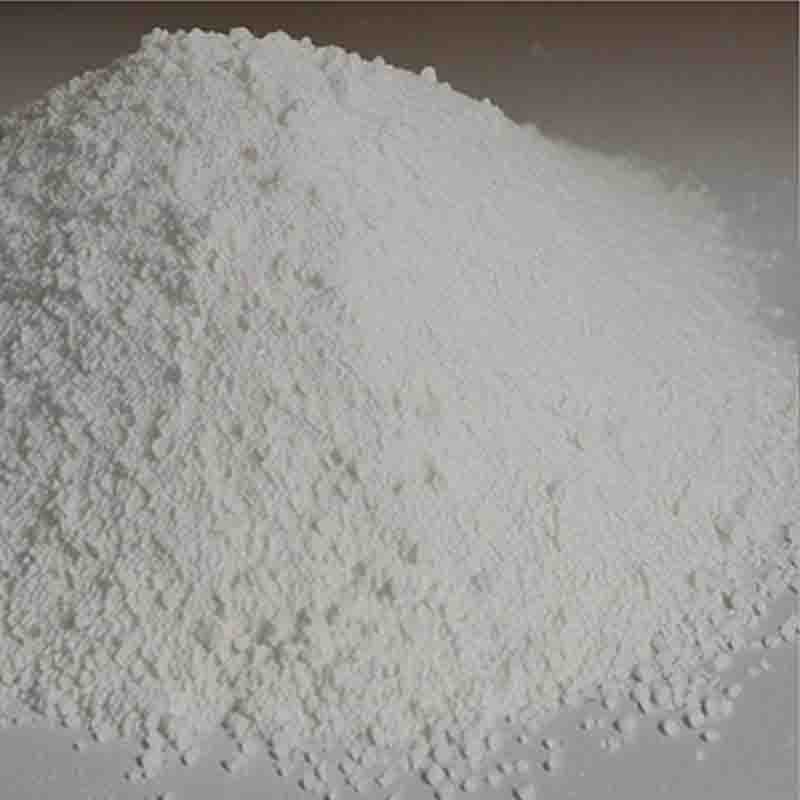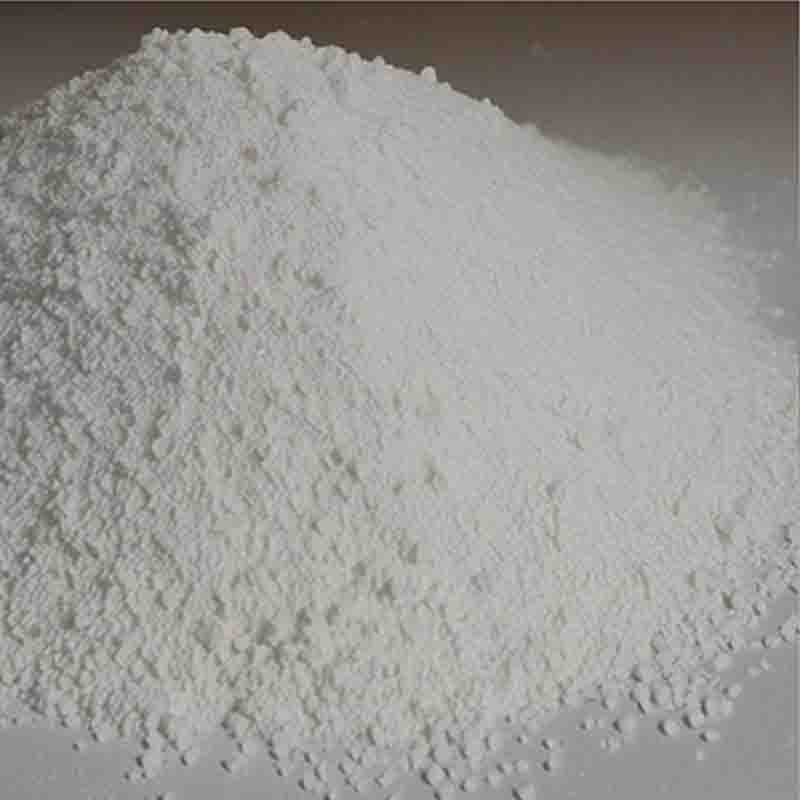Huperzine-A CAS:102518-79-6
| Catalog Number | XD95626 |
| Product Name | Huperzine-A |
| CAS | 102518-79-6 |
| Molecular Formula | C15H18N2O |
| Molecular Weight | 242.32 |
| Storage Details | Ambient |
Product Specification
| Appearance | White powder |
| Assay | 99% min |
Huperzine-A is a natural compound derived from the firmoss Huperzia serrata, and it has been studied for its potential cognitive-enhancing effects. Let's explore some of the key aspects of Huperzine-A and its effects.One of the primary effects of Huperzine-A is its ability to inhibit the enzyme acetylcholinesterase (AChE), which breaks down the neurotransmitter acetylcholine in the brain. By inhibiting AChE, Huperzine-A increases the levels of acetylcholine in the brain, leading to improved cognitive function and memory enhancement. This mechanism of action is similar to that of drugs used to treat Alzheimer's disease, which also aim to increase acetylcholine levels in the brain.Studies have shown that Huperzine-A can improve memory and cognitive function in individuals with various conditions, including Alzheimer's disease, age-related cognitive decline, and vascular dementia. It has been found to enhance learning, attention, and information processing speed, making it potentially useful for individuals looking to improve cognitive performance.Furthermore, Huperzine-A has also demonstrated neuroprotective properties. It has been shown to protect neurons against oxidative stress, reduce neuroinflammation, and promote the growth and survival of nerve cells. These neuroprotective effects suggest that Huperzine-A may have potential in the treatment of neurodegenerative diseases and traumatic brain injury.In addition to its cognitive effects, Huperzine-A has shown potential in other areas as well. It has been studied for its anti-inflammatory and antioxidant properties, which may contribute to its neuroprotective effects. Additionally, it has been investigated for its potential use in the treatment of certain psychiatric disorders, such as schizophrenia and depression.It is important to note that while Huperzine-A has shown promising effects in preclinical and clinical studies, further research is still needed to fully understand its long-term efficacy and safety. Like any compound, Huperzine-A may have potential side effects or interactions with other medications, and it should be used under the guidance of a healthcare professional.In conclusion, Huperzine-A has demonstrated cognitive-enhancing effects by increasing acetylcholine levels in the brain. Its ability to improve memory, attention, and cognitive performance has shown potential in various conditions associated with cognitive decline. Additionally, its neuroprotective, anti-inflammatory, and antioxidant properties suggest potential applications in the treatment of neurodegenerative diseases and traumatic brain injury. Future research will continue to deepen our understanding of Huperzine-A and its potential benefits for cognitive health.


